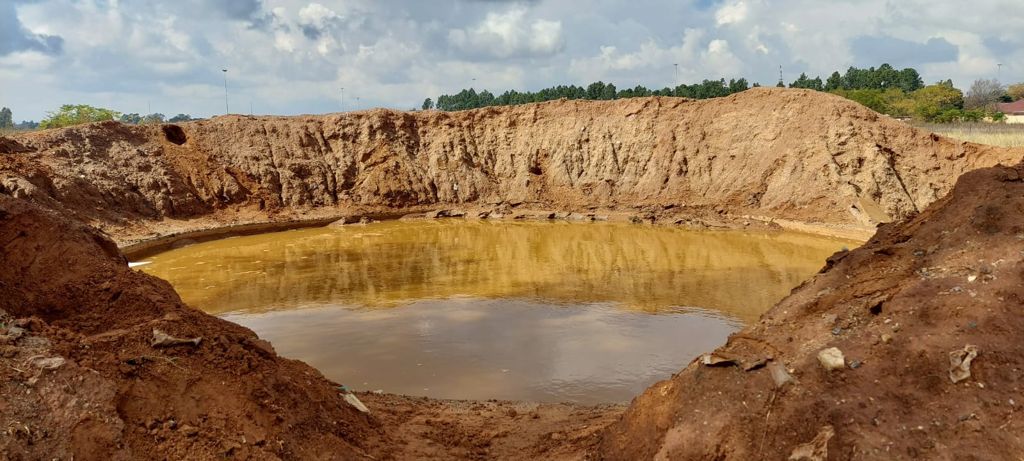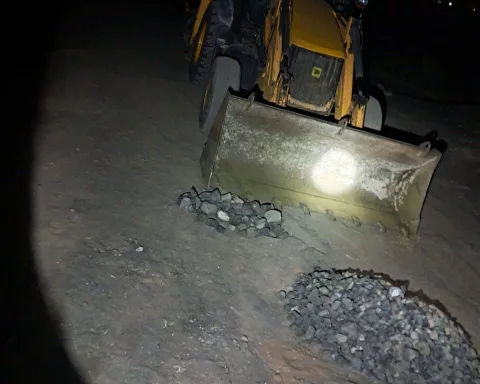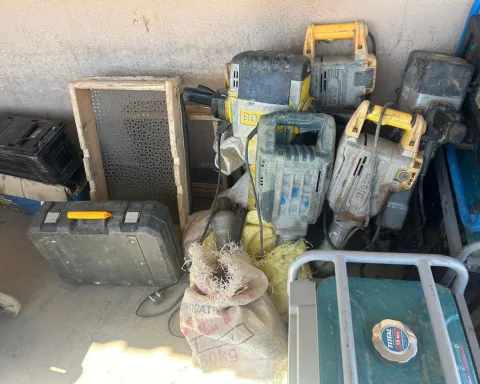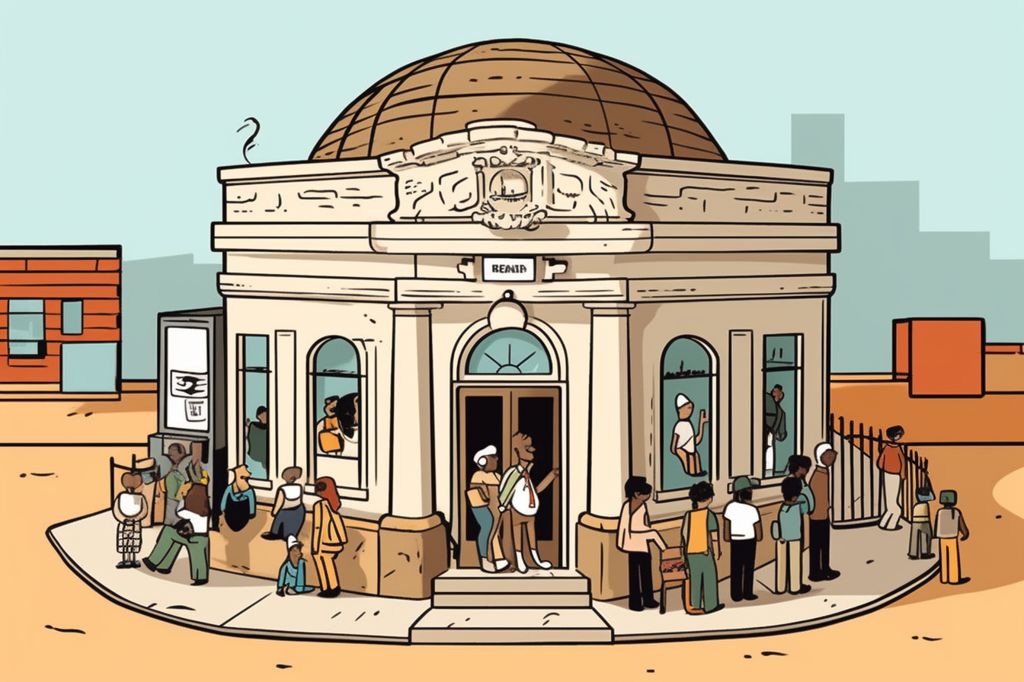A major breakthrough was achieved when an illegal gold refinery was uncovered in Zuurbekom, Westonaria, South Africa on May 16, 2023. The operation was intelligence-driven and meticulously planned, leading to the arrest of a 22-year-old foreign national suspect.
Integrated Team Effort
South Africa’s Directorate for Priority Crimes Investigation, the Hawks, spearheaded the operation, with contributions from the Tactical Response Team (TRT), Forensic Division of the South African Police Service in West Rand, officials from the Department of Environmental Affairs, and Sibanye Stillwater’s Asset Protection Services.
Sophisticated and Well-hidden Facility
Upon arriving at the scene, the team discovered a sophisticated and well-hidden facility designed for illegal gold refining. The operation was of significant magnitude, with approximately 1,260 tons of gold-bearing material, valued at an estimated R3 million, found. Additionally, two generators, nearly 200 kg of loaded carbon, and a cellphone were seized as exhibits.
Possible Charges
The foreign national suspect, who lacked proper documentation, may face charges under the Immigration Act 13 of 2002. He is scheduled to appear in the Westonaria Magistrates Court on May 18, 2023, to face charges of contravening the Precious Metals Act 37 of 2005 and operating an illegal gold refinery.
Commendation for Combined Team
Major General Ebrahim Kadwa, the Hawks Provincial Head in Gauteng, commended the outstanding work of the combined team. He emphasized that the suspect was unlikely to be working alone, stating that “our work is cut out, and no stone will be left unturned.”
Prevalence of Illicit Gold Refining
The discovery of the illegal gold refinery highlights the prevalence of illegal mining and smuggling in South Africa. This deprives the government of much-needed revenue and poses significant environmental and safety hazards.
Importance of Intelligence-led Operations
It is crucial that South African authorities continue to invest in intelligence-led operations to uncover and dismantle illegal refineries and other organized crime activities. Ongoing collaboration between different law enforcement agencies and relevant stakeholders is key to the successful battle against illegal mining and refining operations.
The recent bust of an illegal gold refinery in South Africa showcases the importance of coordinated efforts in tackling organized crime and illicit activities. The success of the integrated team serves as a reminder of the commitment and dedication of South African authorities in addressing these serious issues. As the investigation continues, it is vital that all relevant parties work together to ensure that justice is served and illicit operations are brought to a halt.












